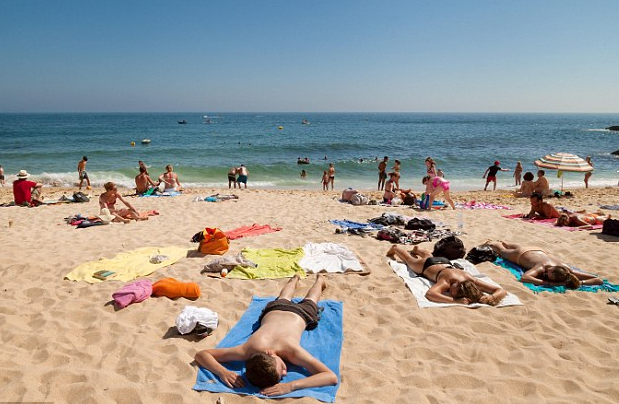Will a British exit from the European Union really result in higher prices for our annual jaunts overseas?
Much is being made about the financial implications of Britain leaving the European Union as we move ever closer to the referendum date of June 23rd. Property prices, high street inflation, business turmoil and a whole host of other doomsday scenarios have been discussed, but there’s a new kid on the block – the cost of our beloved annual holiday.
The claim is that, should we decide to leave the EU, an average family of four could expect to pay around £230 more for their yearly trip away within the next two years. Where has this figure come from? The Prime Minister himself, no less. The PM is very much a believer that Britain is Stronger in Europe.
Why Would This Happen?
The thought behind the hypothetical increase is thus. If Britain decides to leaves the EU, the pound is expected to fall, so a typical holiday abroad would cost four people £230 more. The calculations for this have been done according to the Treasury’s forecasted drop off of 12 per cent for the pound in two years’ time.
However, while the figure may seem as though it has been plucked from thin air and has no substance whatsoever, many believe that it could actually be worse than £230. Some of the high street banks are predicting a severer decline for sterling should we pull out of the European Union, therefore many analysts see the 12 per cent forecast as being conservative.
What Has Been Taken Into Account?
So, what does this figure actually represent? Well, the £230 increase has been based upon a group of four people travelling to an EU country for eight days. This has been calculated as any group of four people, so it does not necessarily reflect solely on families as the Prime Minister stated in his warning. So, even mature travellers will be forced to pay more, although local costs such as travel insurance for over 75s will probably be unaffected.
The potential change in currency values is the main reason behind the predicted increase, but there are other factors at play, too. Things such as increased air fares are also being widely debated and even seemingly minor charges such as mobile phone calls and roaming fees will all need to be taken into account should a Brexit mean that laws and rulings change in the wake of us leaving the European Union.
Remember, These Are Only Predictions
All of these increases are only hypothetical, however, and many predict that companies and governments alike will be able to work together to override many of the problems that are almost being bandied about as cold hard facts in the run up to the referendum. If Britain does pull out of the EU, it does not mean that we will cut ties from Europe altogether, far from it. Of course, the campaigners to leave have a long list of benefits that they are promising UK residents after a British exit.
There will still be a connection between the European Union, Brussels and the UK as we move forward, and many believe that the potential collapse of the pound is being heavily overstated by certain sections of the media in order to influence public opinion prior to votes being cast.
Gary Martin is a research consultant for Go2London, a new British travel guide. Gary beleives that Britain is not only stronger in Europe, but a united Europe is a happier and more welcoming place to be.

